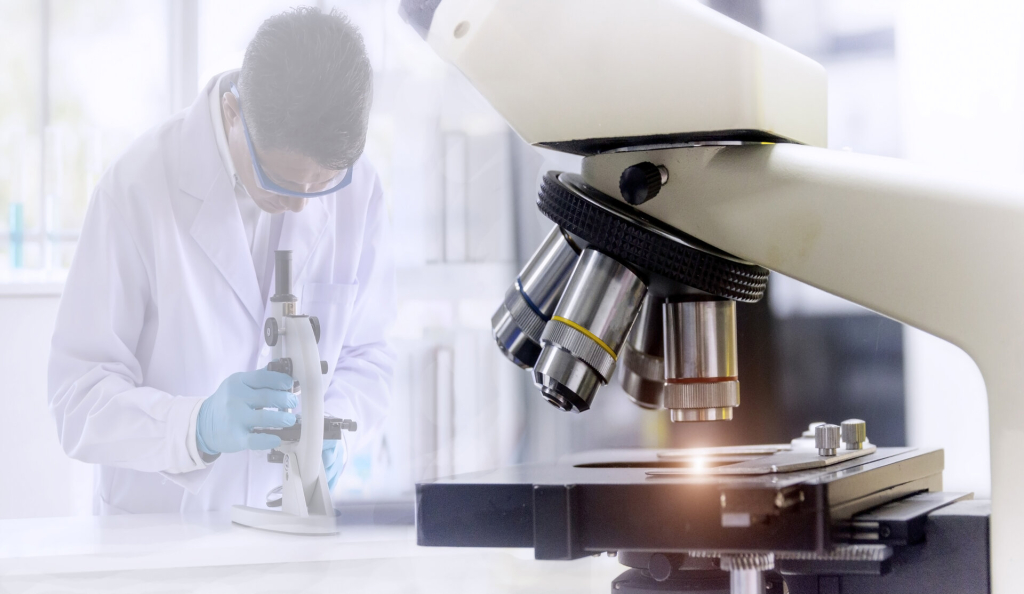The life cycle perspective is currently of paramount importance, involving the consideration of sustainability principles, optimal technical feasibility, resource protection, and economic viability, along with the integrated assessment of 'environmental impacts - energy efficiency - economic costs' and social impacts. The application of Life Cycle Assessment (LCA) quantifies the environmental burdens of a product over its entire lifecycle, from production to disposal, including energy-related emissions, as well as the consumption of natural resources. According to ISO 14040 standards, LCA is 'a method for assessing the environmental aspects and potential impacts associated with a product, by compiling an inventory of relevant input and output flows of a system; evaluating the potential environmental impacts associated with those flows and interpreting the results of the inventory analysis and impact assessment phases.'
Role of Life Cycle Perspective
The application of Life Cycle Assessment (LCA) serves environmental protection and sustainability in various areas
- Key indicators for primary materials and processes.
- Measurable data support the effects of production.
- Assessment of environmental impacts over the entire product lifespan.
- Preference for solutions that reduce and avoid burdens.
- Minimizing environmental risks and favoring innovative solutions.
- Coordinated balancing of 'impacts - energy - costs' between technologies.
- More informed environmental decision-making and innovation.
- Improvement in corporate image and environmental performance.
- Stronger research results based on Life Cycle Assessment compared to traditional technologies.
- Understanding environmental impacts supports preventive and corrective decision-making.
- Optimal choices between products and procedures.
- Advancement in environmental protection and management through LCA application.
Activities and objectives of the ME-FIEK LCA research group
The primary goal of the LCA research group is to design innovative and environmentally friendly products and technologies that aim to reduce environmental impact, minimize waste generation and ensure safe handling, and reduce the production of hazardous materials in the spirit of sustainable development. Additionally, they aim to develop product design and development processes that take into account the environmental impacts throughout the entire life cycle. The LCA research group conducts LCA analyses and evaluates research results in collaboration with industrial partners on KFI guidelines. The research objectives can be achieved through LCA analyses using the GaBi 8.0 thinkstep software available at the University of Miskolc, where quantified data (input-output material and energy flows, emissions, waste generation, etc.) are available for the respective test systems, which greatly facilitate the evaluation of research results.
Competencies
- Application of different impact assessment methods to life cycle analysis of technologies, creating “from cradle to grave”, “from cradle to gate” or “gate-to-gate” models.
- Evaluation and optimization of technologies using the “environmental impact-energy efficiency-economy” three-point method.
- Optimization of sustainable manufacturing processes using the circular (looping) method.
- Design of cleaner production solutions, with energy and material flows being recycled and environmental risks reduced.
- Support for the development of new products, processes or services.
- Determination of the resources and environmental impacts of the entire product life cycle from raw material extraction to end-of-life.
- Design of sustainable waste management solutions and scenario creation at the end of the life cycle.
- Quantitative analysis of input and output material and energy flows for life cycle inventory analysis.
- Environmental impact assessment with the GaBi 8.0 sustainability software.
- Comparison of systems with alternative products, processes or services, including international research.
- Weak point analysis, sensitivity analysis, Monte Carlo analysis, hot spot analysis.
- Scenario analysis, parameterization, global process and technology levels.
- Calculation of carbon footprint and preparation of interactive reports (i-report).
- Life cycle cost estimation.
- Support for environmental performance evaluation, environmental reports, environmental product declarations and development of sustainability strategies.
Main tasks in the creation of the Modern Materials and Intelligent Technologies FIEK at the University of Miskolc within the framework of the project (project number: GINOP-2.3.4-15-2016-00004)
- Analysis of the entire life cycle of technologies and products, quantification of environmental and energy impacts.
- Development of environmentally friendly, plastic-based insulation materials, products, and technologies with life cycle analysis.
- Determination of objectives and areas of impact, inventory analysis, impact assessments, LCC analyses.
- Comparison of materials and products based on LCA, optimization.
- PUR-based product and technology design with life cycle analysis.
- Examination of energy utilization opportunities for manufacturing waste and by-products.
- LCA-based development of innovative and environmentally friendly concrete structural elements with recycled materials.
- Modeling of manufacturing processes related to waste recycling.
- Material and material technology research for the establishment of an intelligent building management system.
- Modeling of intelligent facility monitoring products and systems, experimental product and system design.
The expected results of the research group
Proposal for the development of environmentally friendly processes and technologies that are not only environmentally friendly but also more energy-efficient and cost-effective.
Companies that use life cycle analysis results can perform better in environmental areas, and research results can contribute to the environmental innovation of applied procedures and technologies.
The results of the research group indirectly affect the economic performance of companies by providing project partners with economically favorable technological solutions in the spirit of environmental awareness.
Partners can turn their environmental product and technology development into a competitive advantage over other companies.
Development of educational and training systems.
Establishment of new R&D contacts.
